
In a historic climate event, the coastal city of Al Ayoun (Laayoune) in Western Sahara has shattered its all-time temperature record—which stood for over a century—by soaring to an unprecedented 49 °C (120.2 °F) on August 9, 2025. This marks the first time temperatures of 48 °C and 49 °C have ever been recorded in this desert coastal region, signaling a dramatic shift in the local climate.
Situated right on the Atlantic coast, Al Ayoun typically experiences hot but more moderate desert temperatures influenced by ocean breezes. The recent surge to nearly 50 °C is extraordinary, especially given the moderating effects usually provided by the nearby sea. Meteorologists attribute the extreme heat to a rare and intense heat dome trapping hot air inland, combined with unusually warm sea surface temperatures that failed to provide the normal cooling effect.
The new record pulverizes the previous historic high, resetting the bar for extreme heat in the region by a wide margin. This rapid rise in maximum temperatures highlights the growing influence of climate change on even the most remote and traditionally stable climate zones.
The implications for the local population and environment are serious. Extreme heat exacerbates water scarcity, threatens vulnerable ecosystems, and increases health risks such as heat exhaustion and heatstroke. Coastal communities, which rely heavily on fishing and limited agriculture, face increasing challenges as heat stress and changing weather patterns disrupt livelihoods.
This landmark temperature event in Al Ayoun adds to a growing list of record-breaking heatwaves sweeping across North Africa and the broader Sahara region in 2025. It underscores the urgent need for regional strategies to adapt to accelerating warming and to mitigate the severe impacts on human and natural systems in one of the world’s hottest and most fragile environments.

Illustration picture: https://www.trip.com/travel-guide/destination/laayoune-141027/


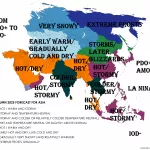


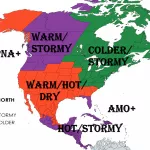
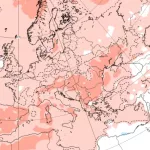
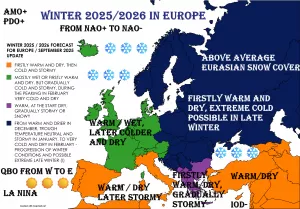
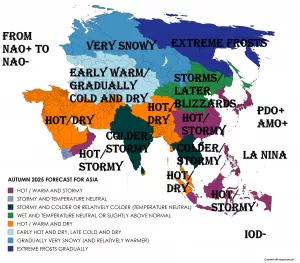

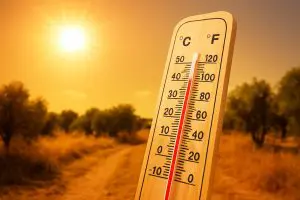
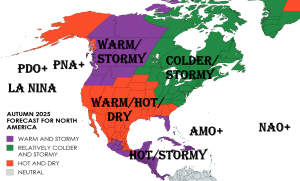
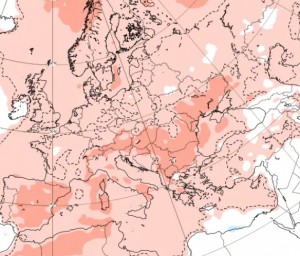
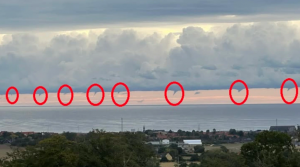
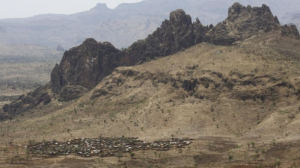




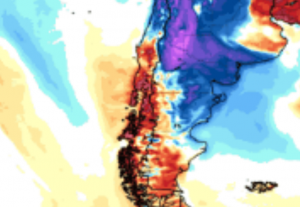

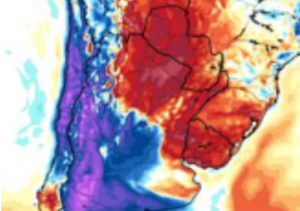




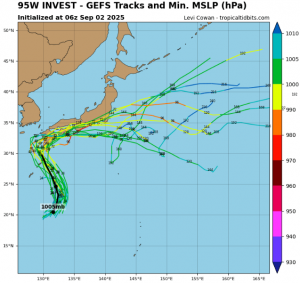
1 thought on “Al Ayoun (Layoune), Western Sahara, +49.0°C – All Time Record!”
Comments are closed.